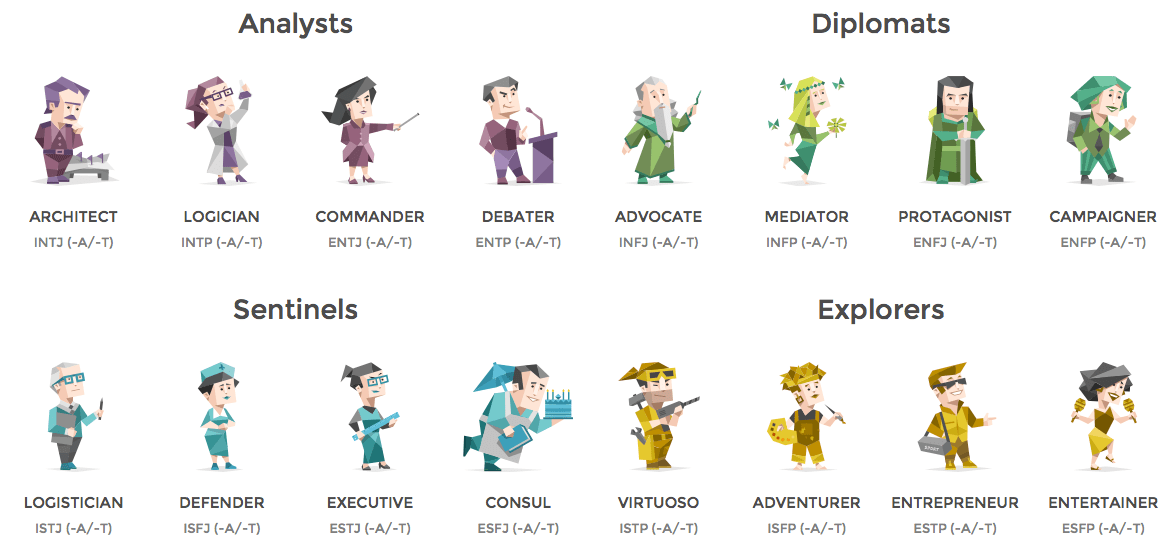
Using Assessments
Assessments include personality tests and sample work assignments that can provide prospective employers with a sense of how someone completes a task and their work quality.
Keep in mind there are oftentimes legal considerations for when and how assessments can be used. Note many assessments have embedded bias and should not be used to determine hiring decisions, compensation considerations, or promotions within your organization.
Assessments work best:
When you have a clear vision for what you want to accomplish
As a tool to create a shared language
To improve communication on a team
When an organization values Justice, Equity, Diversity, and Inclusion, it is relevant to apply that lens when considering potential assessments.
Here are some questions to ask when evaluating if an assessment meets your values:
Who developed the underlying framework?
Is there any evidence that the assessment has had a challenge with racial and gender bias?
Is there evidence this assessment has reduced racial discrimination in hiring practices?
Assessments are one tool that can help you find the right people to join your team.
Nearly one in four businesses now conduct such assessments, “the National Association of Colleges and Employers reports. Almost 40 percent of hiring executives expect assessments to become widespread within three years and 70 percent within five, according to a survey conducted in 2018 by Northeastern University’s Center for the Future of Higher Education and Talent Strategy.”
Assessments are tricky and can have too much significance placed on the outcome. One recommendation is to be mindful of the candidate's experience, with lightweight non-intensive assessments used earlier in the process and more substantial assessments to distinguish between finalists for a position.
Short-List of Assessments to Consider
TKI Conflict Mode
The TKI Conflict Mode Assessment is a tool for understanding a person's typical response to conflict. The framework consists of five modes and clarifies that each conflict response can be valuable in specific circumstances. The tool highlights how team members with different conflict preferences can understand and relate to one another.
CliftonStrengths
Organizations use CliftonStrengths to understand the assets that each person brings to a team. The assessment measures 34 categories of strengths producing a report focused on the top 5. This framework enables individuals and teams to have a shared language for what activates them at work and how their role can support them to engage fully.
16 Personalities & Myers-Briggs
Myers-Briggs is a personality assessment that has also created significant controversy in terms of its ability to accurately classify people into one of 16 personality types based on the relative strengths across 4 key dimensions


